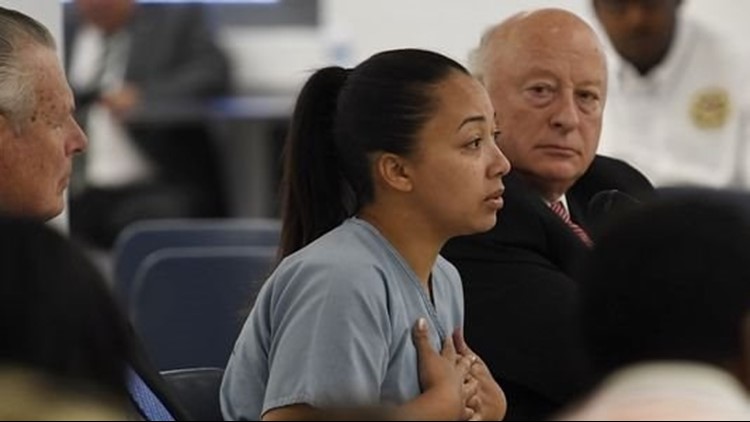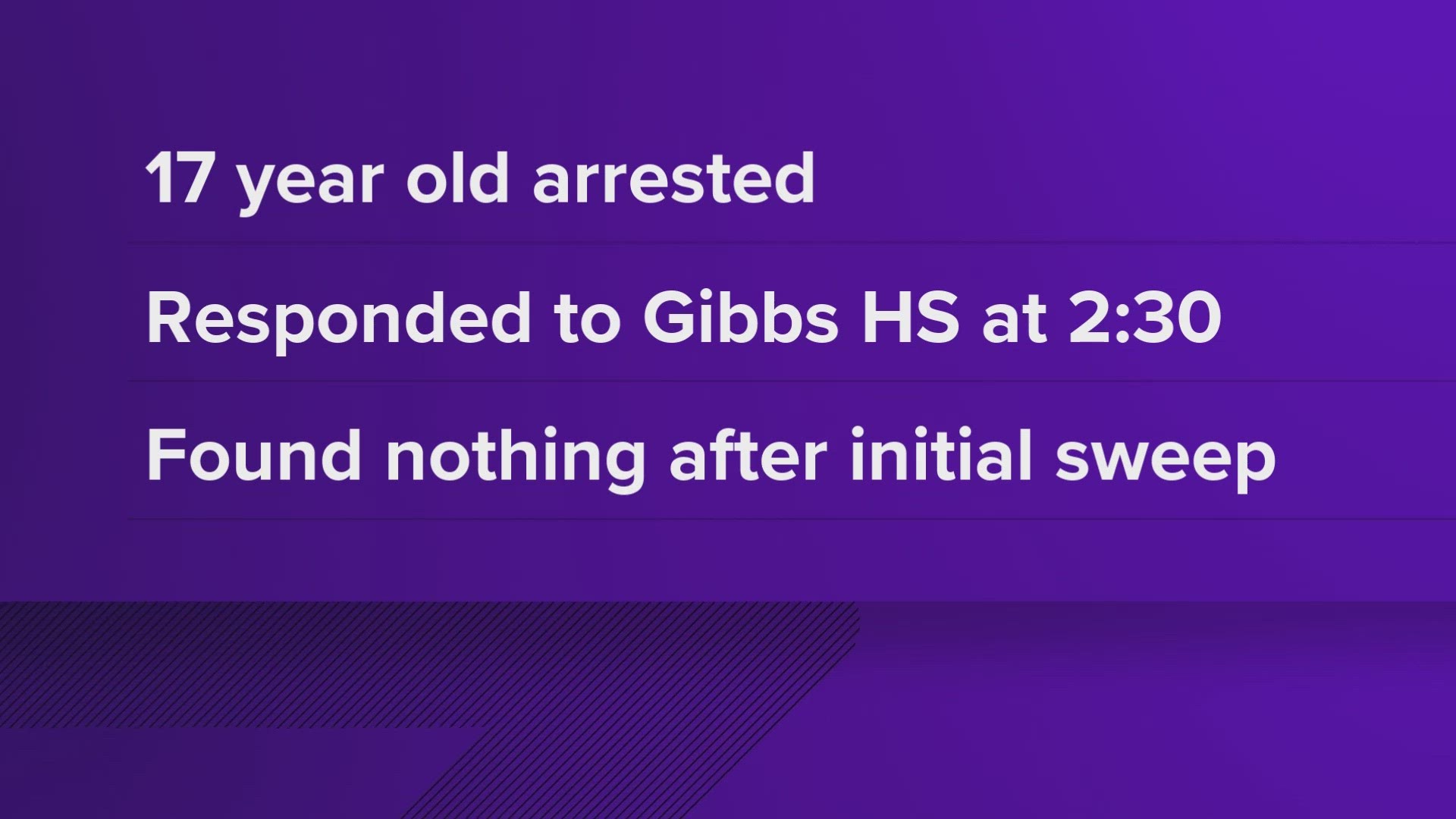CINCINNATI — A federal appeals court seems poised to consult the Tennessee Supreme Court before they rule on the case of Cyntoia Brown, a Nashville woman serving a life sentence in prison for a murder she committed at 16.
Brown's attorneys this year appealed to the Sixth Circuit Court of Appeals in Cincinnati, arguing her life sentence was unconstitutional. The U.S. Supreme Court ruled in 2012 that giving juveniles life sentences without parole are cruel and unusual in most cases.
Brown, now 30, has been locked up since 2004, when she was convicted of shooting 43-year-old Nashville real estate agent Johnny Allen. Allen had picked her up at an East Nashville fast food restaurant and drove her to his home.
Prosecutors said she committed a cold blooded murder, then robbed Allen before she fled with his car. Advocates for Brown say she was a victim of child sex trafficking who feared for her life, and that her age and fetal alcohol syndrome made it impossible for her to consider the full ramifications of her actions.
Confusion over Tennessee sentencing laws dominated Cyntoia Brown's appeal hearing
Attorneys representing the state have argued the 2012 ruling from the U.S. Supreme Court does not apply in Brown's case because she is not serving a true life sentence. They cite parts of Tennessee law that suggest Brown could be eligible for release after 51 years behind bars.
The three-judge panel in Cincinnati suggested at multiple points that if she was serving a 51-year sentence, the U.S. Supreme Court ruling might not apply.
But Brown's attorneys have pushed back, citing another section of the law that says "there shall be no release eligibility" for offenders convicted of first degree murder, like she was.
During oral arguments in the case Thursday morning, the appeals judges repeatedly zeroed in on the apparent contradiction in Tennessee law. They suggested that they might seek clarification from the Tennessee Supreme Court before moving forward.
Judge Amul Thapar, in particular, aggressively questioned the argument from state attorneys that case law had established a way to cherry pick parts of Tennessee sentencing law to apply to Brown while ignoring other parts.
Thapar rubbed his face and shook his head while questioning attorneys on dueling sections of the law.
"We're trying to guess what Tennessee is doing here," Thapar said, later adding, "The way I read this statute is that she's got life without the possibility of parole."
The Tennessee Court of Criminal Appeals has already sided with the state on this issue, saying that Brown's sentence is not entirely for life. But Brown's attorneys point to a conflicting ruling from the Tennessee Court of Appeals.
Judge Julia Smith Gibbons said she couldn't believe a Tennessee court hadn't issued a definitive ruling on the appropriate reading of the sentencing law.
Gibbons said Brown's case "raises some interesting, tricky issues."
If the panel does ask the Tennessee Supreme Court to clarify sentencing in this case, that court could decide whether or not it would offer an answer. The appeals court would take the response into consideration while ruling on the broader case.
"Can we certify that to the Tennessee Supreme Court and ask them?" Thapar said. "If they're ever going to answer one question that's the one to answer."
Thorny questions on sentencing dominated the debate on both sides of the oral arguments, which lasted less than an hour. Mark Pickrell spoke for Brown's legal team while Deputy Tennessee Attorney General John Bledsoe represented the state.
The judges did not address the argument from Brown's attorneys that she should not be held responsible for a premeditated murder because fetal alcohol syndrome had slowed her mental development.
The pending appeal is one of multiple tracks Brown's attorneys are pursuing in their high-profile attempt to get her out of prison. Brown also is asking Gov. Bill Haslam for clemency; the state parole board made conflicting recommendations to the governor after a hearing in May.
Brown's previous appeals have been denied.



